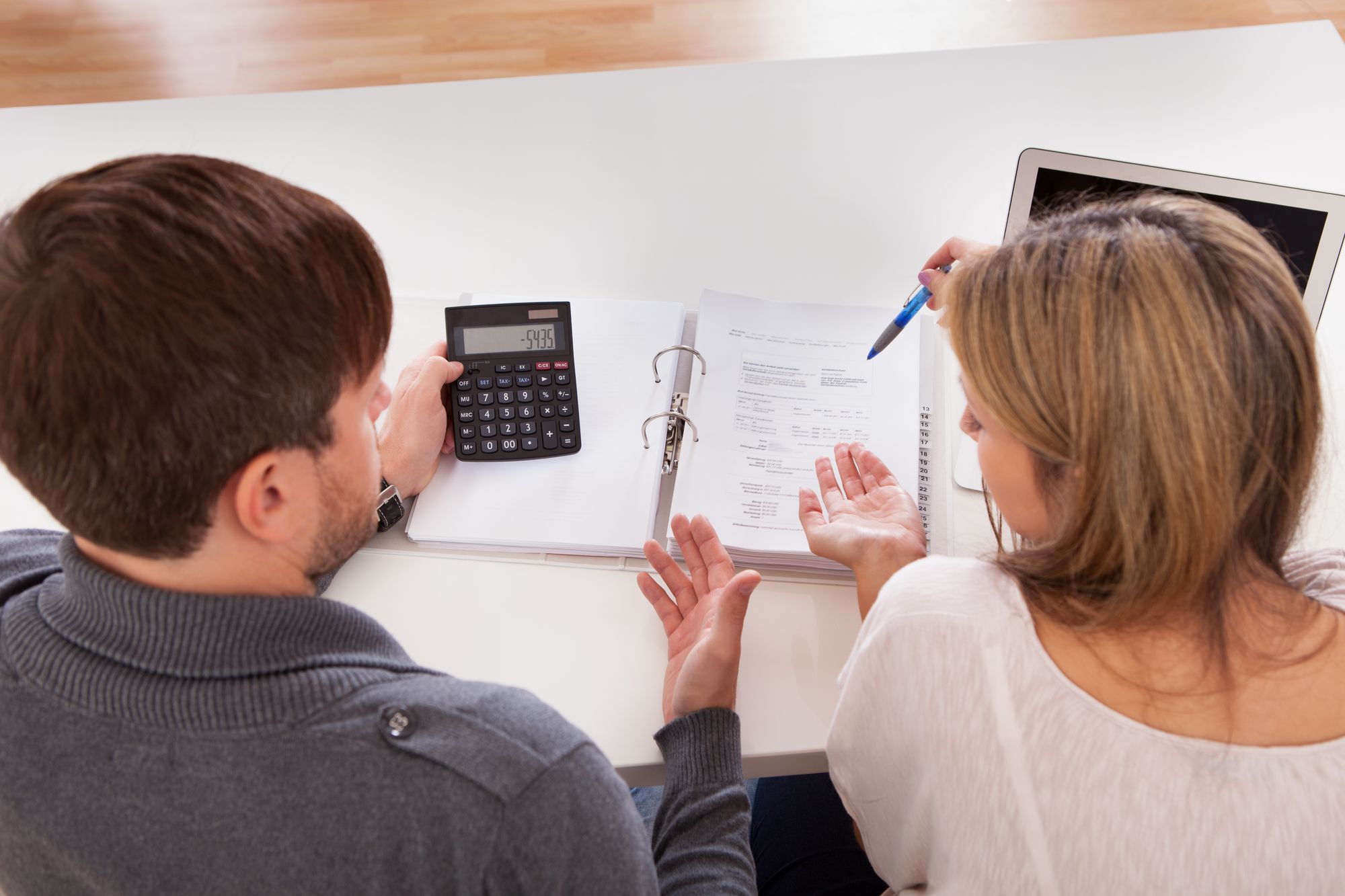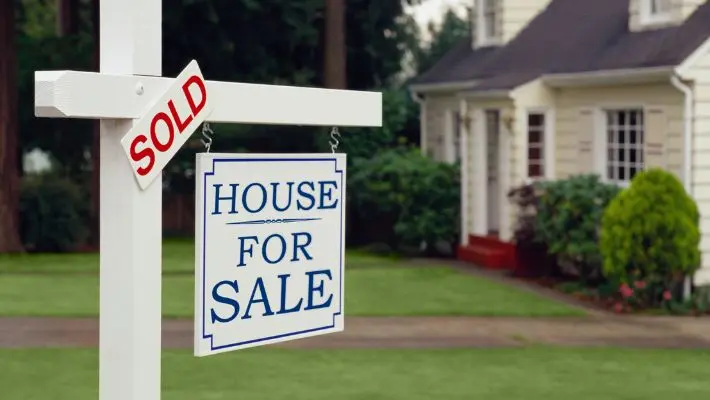
The Pros and Cons of Renting to Own
If you’re looking to test drive your next home, you’ll want to know about all of the pros and cons of renting to own.
Have you heard of renting to own? This is a creative solution to buying a home if you’re looking to transition from renting to buying. But, before you sign any contracts or enter into serious agreements, you should consider all of the pros and cons of renting to own.
What is Renting to Own?
Rent to own is a type of real estate agreement that allows buyers to rent the property from the homeowner for a period of time and eventually purchase the property. This lets the interested buyer live in the home as a leasing tenant before they officially initiate the purchase.
When renting to own, there are two separate agreements made between the buyer-tenant and the current owner of the home, who would serve as the landlord and future seller if both parties agree to transact.
The first agreement is the rental lease agreement, which is similar to a traditional lease contract. The tenant pays rent every month to the landlord, and there are specific rules around what the tenant can and cannot do to the property.

The second part of the agreement gives the tenant the option to purchase the home down the line. This contract states that the purchase can take place during or after the lease has ended, and it also sets the property’s purchasing price.
In some rent-to-own agreements, the rent you pay during your time as a tenant can contribute to the purchasing price of the home, either in part or in full.
When thinking about the pros and cons of renting to own, this is usually a big upside for renters who are looking to purchase their first homes.
Since they’d already be making rent payments until they turn the key on their new home, renting to own agreements where the rent payments contribute to the home’s purchase can help buyers budget for their upcoming transactions.
Consider These Pros and Cons of Renting to Own First
These pros and cons of renting to own are essential considerations for anyone prospecting this type of real estate agreement.
3 Pros of Rent-to-Own Agreements
#1. You get to see what it’s like living in the home before you decide to buy it.
Take all of the guesswork out of choosing your next home. As you enter into a long-term commitment as a homeowner, it can be advantageous to see what life in the house is really like — from maintenance, utility costs, and even what the neighborhood is like.
#2. You get ahead of a competitive market.
In particularly competitive markets, buyers who decide to rent to own can lock down a property that they like without having to compete with other buyers. You can rent your home and prepare for your transaction without having to worry about the what if’s of your future market.

#3. Renting to own can give you time to prepare for your mortgage.
Do you want to buy a home soon, but still need to work on your finances and credit history? If so, renting to own can give you the chance to save for the down payment and get mortgage-ready, putting you in a good position to apply with your lender when the time comes.
3 Cons of Renting to Own
#1. Buyers may be required to pay an upfront fee.
In some rent to own agreements, the homeowner charges the tenant an upfront fee upon signing the contract. If you’re in a tight financial position and looking to minimize any additional spending, this could be a barrier for you entering into a rent to own contract.

#2. You won’t have full control over the property during your time as a tenant.
While you’re renting, you’ll still need to follow the landlord’s rules and regulations regarding what you can do to the home. For example, it may be tempting to start planning out your renovations or customizing the home to your liking, but you’d need to wait until you officially purchase the property to begin enjoying these perks of homeownership.
#3. If the market shifts, the agreed-upon price may be difficult to negotiate.
One of the biggest drawbacks of renting to own is that you typically agree on the purchasing price of the home when you enter into the initial agreement. For far-off purchases, this could be an issue as the market may shift and alter the home’s market value.
If you plan on renting to own, you could include an appraisal clause at the time of the transaction within the agreement to help protect your interests.
Talk to Your Top Agent First
Once you’ve reviewed the pros and cons of renting to own, your next step should be to consult with a real estate agent who has experience with these types of transactions.
You need to work with an agent that knows your local market and understands how to strategically navigate a rent to own agreement according to your best interests and needs.
To find a qualified agent that’s the perfect fit for both you and your transaction, get connected with RealEstateAgents.com!






